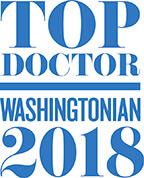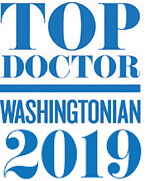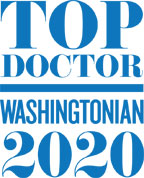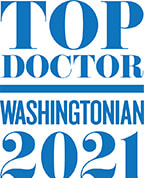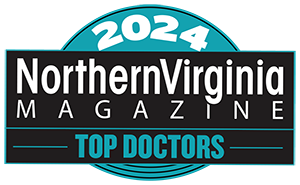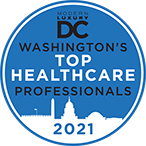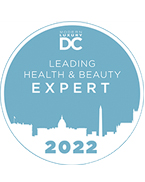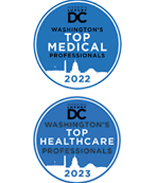Seasonal allergies are a huge pain. They’re also extremely common.
Did you know that 20% of Americans are allergic to pollen? It is, after all, something that’s abundant in the air during the early spring.
Even if you’re not particularly allergic to pollen, you may experience allergic reactions during the spring simply due to the sheer quantity of histamines in the air. Don’t let allergy season creep up on you this year.
It’s possible to get ahead of the itchy, watery eyes and runny nose with these simple eye care tips. Keep reading for 5 eyecare tips to help you prepare before allergy season hits!
1. Know Your Symptoms
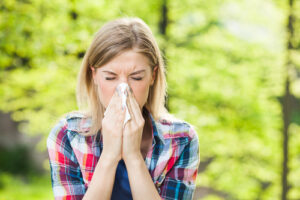
Allergic conjunctivitis is what causes your eyes to feel itchy, inflamed, and generally irritated when you’re exposed to allergens. It’s a prevalent reaction to tree pollen, which is why it’s so common in the spring.
But allergic conjunctivitis can often be confused for other eye conditions, like dry eye or pink eye. You should know your allergy symptoms.
This way, when you experience them, you can feel confident that something else isn’t causing your symptoms of watery eyes, a runny nose, or general discomfort.
How do you know it’s allergies? Well, you probably know what allergies feel like if you’ve had them your whole life.
But sometimes, you can develop allergies later in life, even if you’ve never had them before. Or the allergies that you’ve had your whole life will suddenly get a lot worse when you get older.
It’s good to know that allergic conjunctivitis causes itchy, watery eyes. Other conditions, like dry eye syndrome, can make your eyes feel itchy, but they mainly make them feel like they are burning, or it may make your eyes more tired.
Pink eye, which needs immediate medical attention, only tends to affect one eye. When you have allergies, they’ll often affect both eyes.
Knowing when you have allergy symptoms and when you don’t is an excellent first step to prepare for allergy season.
2. Identify Your Triggers
In the spring, the most common allergen is pollen. But there are other common triggers in the spring.
Since you’re outside more often, you may respond to other allergens, like dander from pets. Knowing what your triggers are can help you avoid them more easily.
Even if you just have to worry about pollen, knowing the severity of your allergy can help. Are you sensitive to having flowers in the house, or does it only bother you when you’re outside?

Do you have symptoms whenever you’re outside or only when you’re walking in a particular area? Knowing these things can help you avoid the worst of your allergy symptoms by simply avoiding the triggers that cause them.
You may simply want to avoid going outdoors on days that are heavy pollen producers. You can quickly get this information by looking at your local weather app, which will show you if the day has a high outlook for pollen or a low one.
Knowing the pollen numbers for the upcoming day makes it much easier to plan if you’re going to participate in outdoor activities.
3. Have Medication on Hand

Don’t wait until your eyes get all red and puffy before going to the pharmacy. Have your medication on hand.
If you know that allergy season is coming, start taking your allergy medication at least a week or two before your symptoms start. This will ensure that your prescription is already in your system and working before your symptoms begin.
If you have particularly severe spring allergies, consider getting prescription eye drops from your eye doctor ahead of time. There are plenty of over-the-counter medications, too, and many of them work well for mild or moderate allergies.
Figure out which one works best for you by asking your doctor for recommendations. It also helps to be familiar with simple home remedies. Sometimes applying a wet towel over your eyes can relieve allergy symptoms.
If pollen levels are really high, consider taking a break from wearing contact lenses and wear your eyeglasses for a few weeks instead.
But the most effective treatment is medication, usually in the form of antihistamines. Stock up so you have what you need on hand when the allergies hit.
4. Use Sunglasses
Sunglasses are a must, regardless of whether or not you have seasonal allergies. UV rays can be extremely harmful to your eyes and can cause long-term damage.

You should always wear high-quality sunglasses that protect against UV rays whenever you go out in sunny weather. Wearing them also is a great way to keep pollen out of your eyes.
Wearing sunglasses can’t guarantee protection from all allergens, but they can certainly reduce the amount your eyes are exposed to. Keeping your eyes from getting dried out and damaged also keeps them healthier and better able to ward off allergy symptoms. It’s a win-win!
5. Stay Healthy
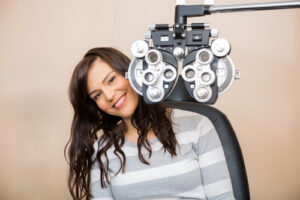
The best way to take care of your eyes, no matter the season, is to keep them healthy. The best way to do that is by leading a healthy lifestyle.
Eat healthy foods, especially those rich in omega-3 fatty acids and other vitamins that promote eye health. Stay hydrated, so your body has what it needs to keep your eyes hydrated, too.
And stay active! Even if you have trouble being outside due to allergies, do what you can to exercise at home. Having a healthy heart keeps your eyes healthy by lowering your risk for eye-related conditions.
Also, be sure to schedule regular eye exams. Seeing an eye doctor is the perfect way to make sure your eyes are healthy and get advice for allergies at the same time.
Your eye doctor can tell you what to look out for, what medications to try, and prescribe you a stronger medication if required.
Concerned about allergies and what they are doing to your eyes? Schedule an appointment at See Clearly Vision in Tyson’s Corner or Arlington with one of our talented eye doctors now!
Allergy season is right around the corner, so there’s never been a better time to get your eyes back on track!

